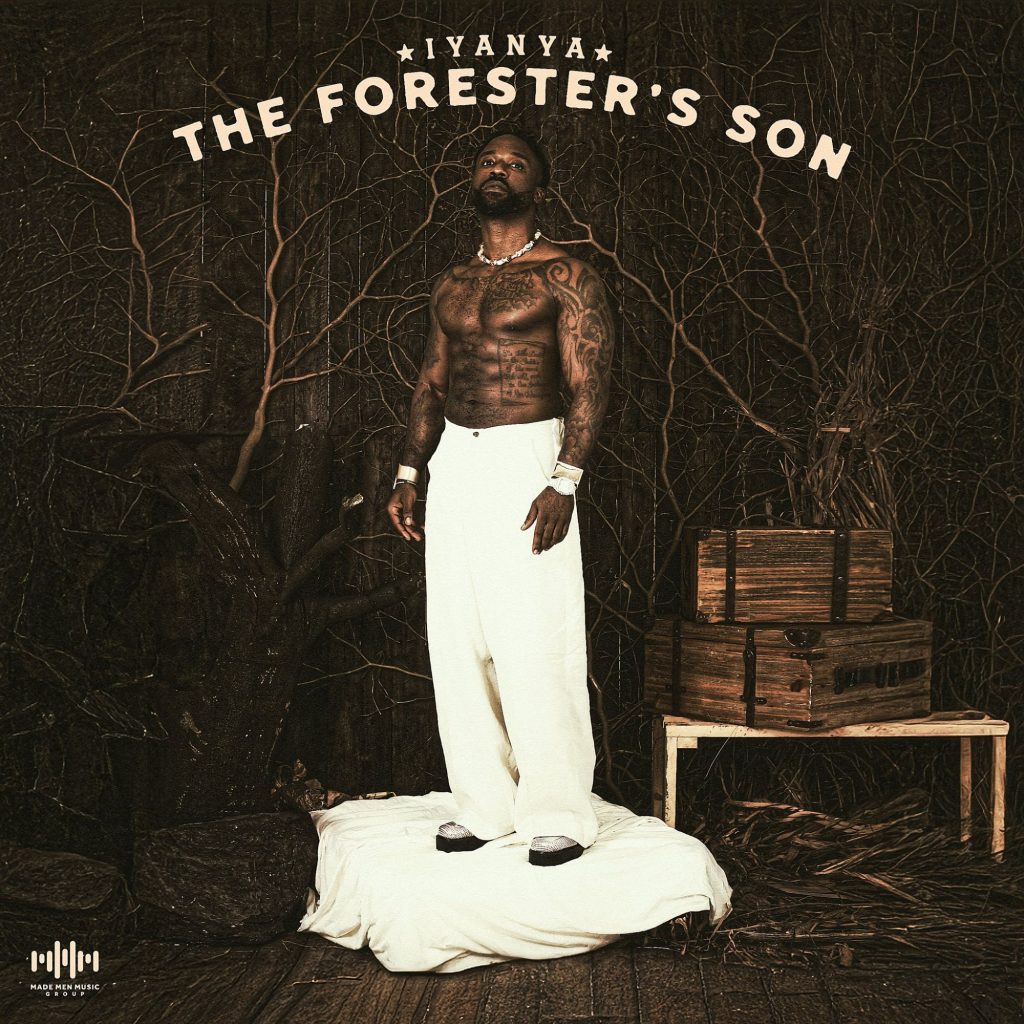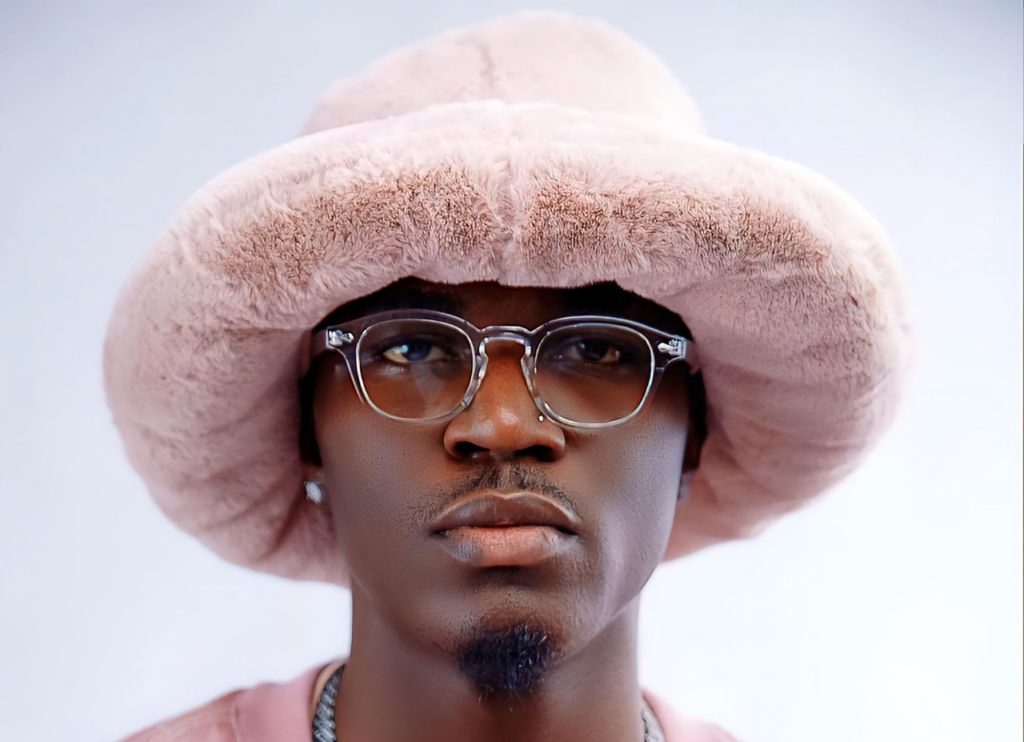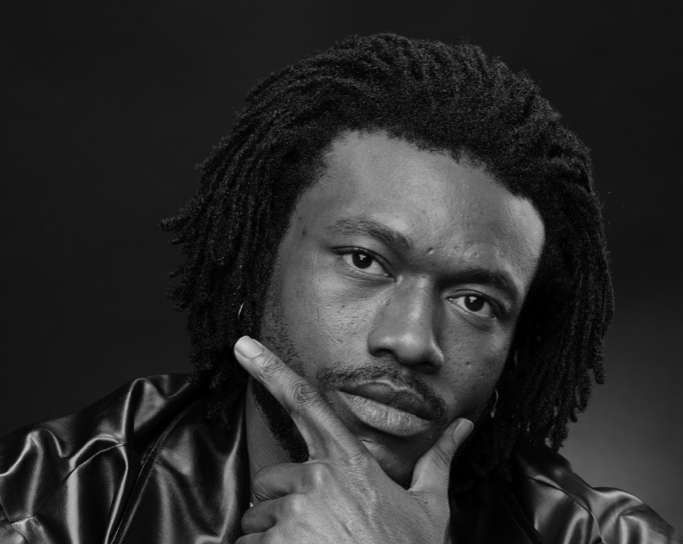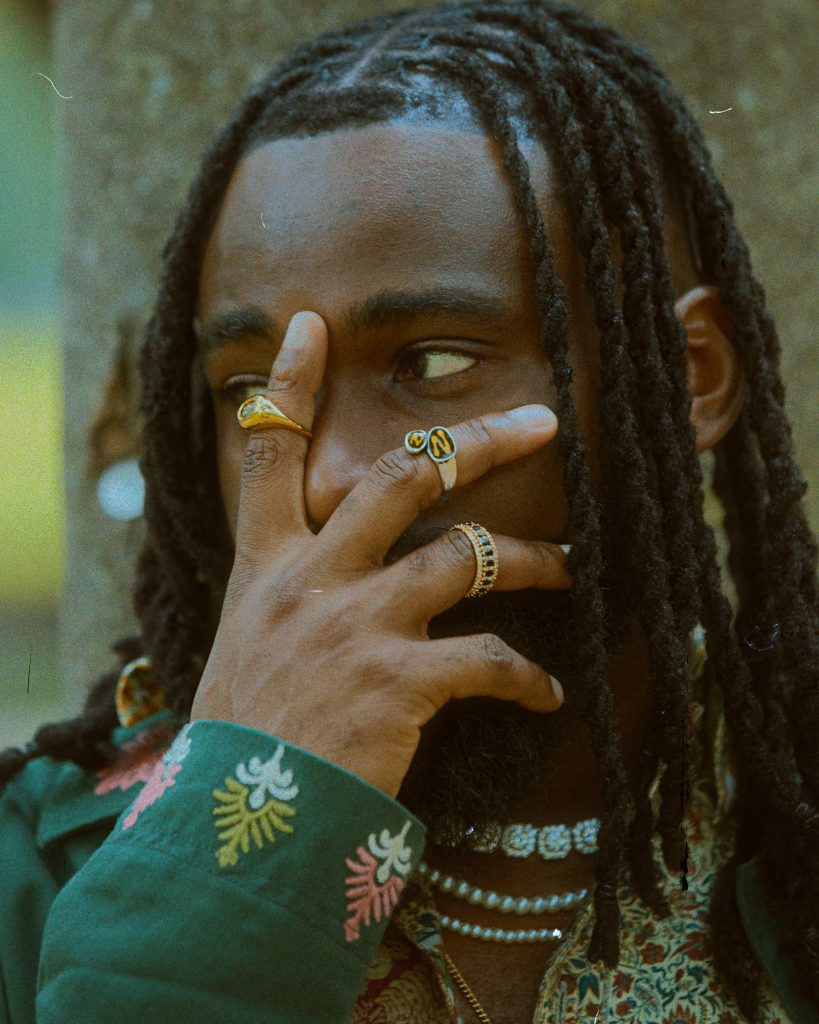Ever since the album culture became prominent in the Nigerian mainstream again, since 2020 — a year that was frontloaded with releases. 2022 has a strong case to make as the year, with the most dense and packed schedule for album releases in the streaming era, with the growing potential of besting 2020’s resurgence. A slew of albums have come and gone already. Some memorable, some slept on, some highly anticipated, yet fell short of expectations. This article highlights the biggest moments of Album culture in Nigeria, 2022 as we approach the final quarter of the year.
Fave released her debut EP in January, titled Riddim 5. Although it was a great project, that was very sonically cohesive and refreshing, it failed to produce a hit record, off the momentum of the highly successful, Baby Riddim. This writer believes that with more intentional push, the EP could have breached higher heights, especially with Addicted that’s arguably a better record than Baby Riddim, but that seems to be all in the past now, as promo for the project is now inexistent.
Adekunle Gold’s Catch Me If You Can was the first major, mainstream LP release of the year in early February, and it saw the artist adopt a more treacherous persona of Bad Boys Deks, which is a licentious maturation of AG Baby somewhat. The album had mixed reviews, some critics lauding it, some feeling it had a quite formulaic thematic approach to Afro-Pop. Nevertheless, like Riddim 5 it failed to produce another genuine, hit record like it’s pre-released singles and in a matter of weeks, was out of the public’s mouth.
Asa’s V was released in late February and was the much needed sonic evolution the artist needed, to endear her to a more modern audience. It isn’t a top 3 Asa album—Beautiful Imperfection, Bed Of Stone, Asha and Lucid are all better projects—but it was a good enough album nonetheless, with elements of R&B and Afro-Pop that thrived to great standards.
Her synergy with producer, P.Prime on the project was also commendable and although months later, a rift with another producer, Tempoe—co-incidentally P.Prime’s former colleague at the Sarz academy—would arise that would cause some dispute over the artistic integrity over some songs, V’s reception was mostly positive. Even if it didn’t generate the amount of mainstream success the artist yearned for.
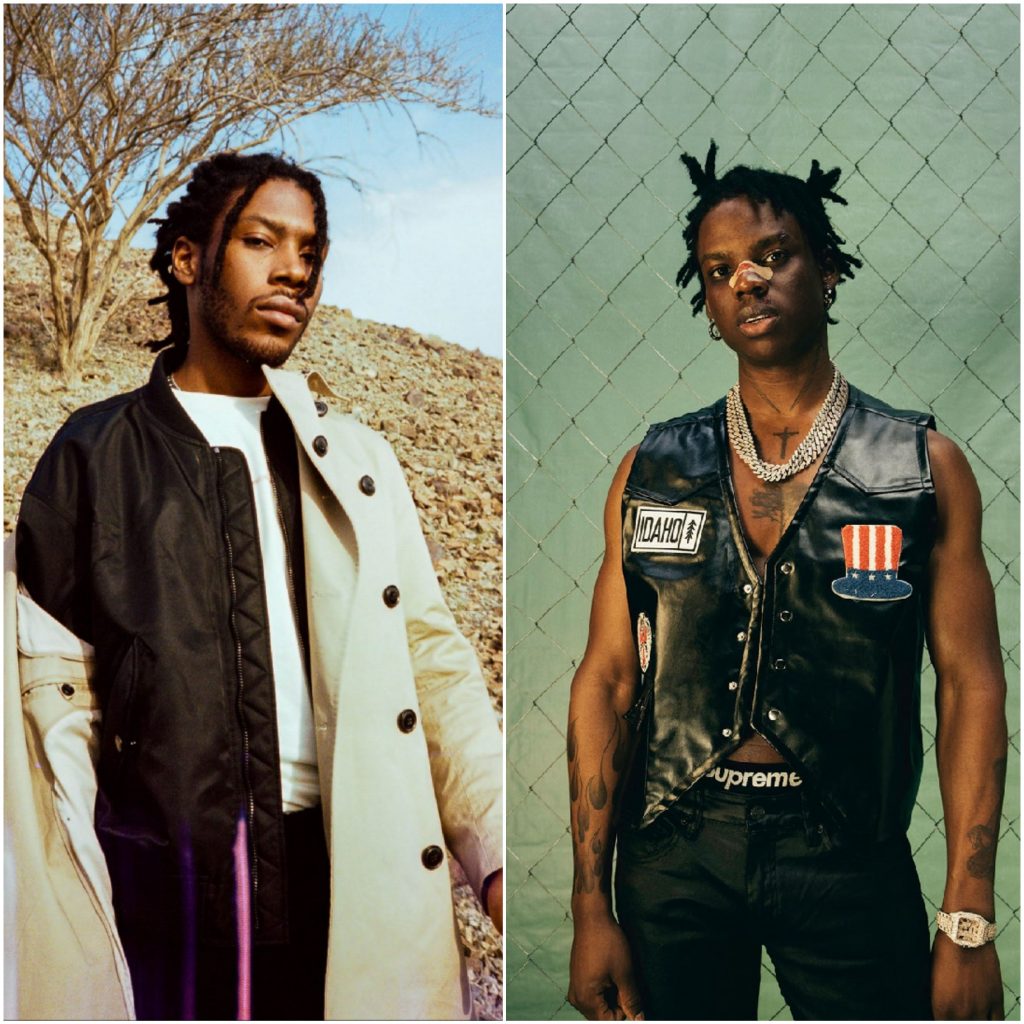
March was quite the controversial, manic month as two albums that triggered very strong, divisive opinions in critical discourse and commercial reception, dropped. The first one was the alté posterboy’s much anticipated sophomore, Subaru Boys. Critics panned it for being too abstract with its execution, devout fans complained it was too much of a deviation from its predecessor, Mandy And The Jungle, casuals iterated it had quite the amount of filler tracks and stans defended it to the hills, to the point of hounding a popular music critic that wrote a scathing review on the album. Months later, we can finally answer the question. Has the album aged well? Not so much, but then Santi has announced follow-up EP’s, so we’d see about that.
The second project was one of the most anticipated debut albums in recent times, from a frontrunner of the new school movement. Rema’s Rave & Roses arrived with the much needed bang, roused from the heat of its pre-released single hit record, Calm Down. Unlike the debut album of his counterpart—Laughter, Tears & Goosebumps—which the public draws incessant comparison with, Rave & Roses had mixed reviews. Common Rema detractors cited his monotony of execution in the manner of which he attacked similar records, whilst critics commended its cohesiveness and overall quality, affirming it was a decent project, despite its flaws. The album’s biggest moment is still Calm Down.
In April, Mavin records rolled out a new prospect, Boy Spyce who had been in artist grooming and development for a year. He flexed his impressive writing prowess on his self-titled EP, over pristine production, but none of the songs on the project managed to make a lasting impression. That could be down to the congested schedule of the year or the project in general simply being an acquired taste.
Fast forward to May and Victony is dropping his debut EP, Outlaw, which in retrospect has aged quite well. It produced a sleeper hit in All Power and recently, Soweto seems to be picking up steam on social media. In June, Simi’s To Be Honest and Falz’s BAHD dropped and both went largely unnoticed and under the radar, which is almost abysmal for artists of their stature. Although both projects were merely decent projects, that weren’t outright masterpieces but still, as a combination of various factors like poor roll-out, wrong choices of singles and inexistent momentum—they failed to make impact of any sort and are very forgettable projects.
In June, Ruger released the deluxe edition of his sophomore EP, The Second Wave and like his previous projects, was well received and liked amongst fans and critics alike. Girlfriend was a successful single, that became a sensation at TikTok at the time, bolstered by a quite comical dance step, created by Ruger himself. WeeWee on the other hand, was a cult/niche favorite that performed well on streaming platforms.
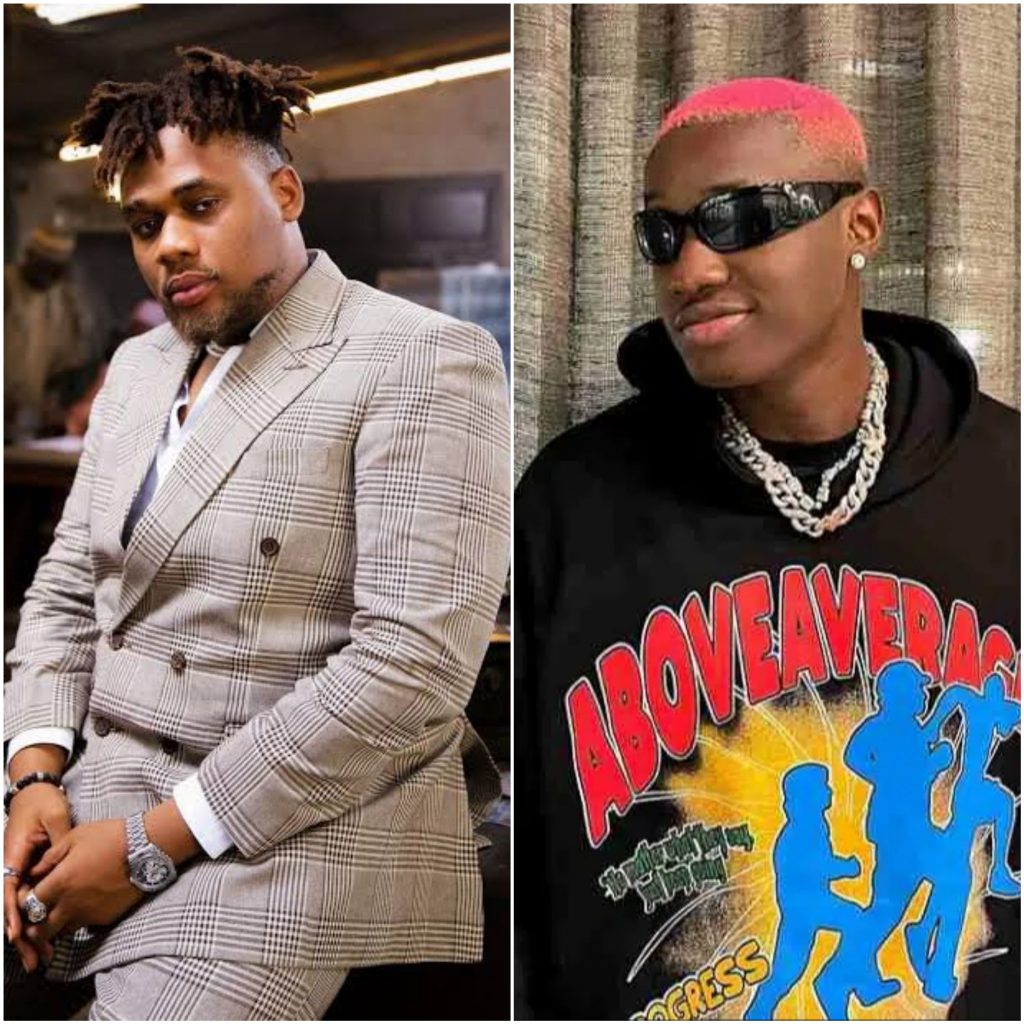
In the second half of the year, the floodgates opened and the rollercoaster started. Burna Boy’s sixth studio album, Love, Damini primed to be his commercial return to the Nigerian mainstream opened to staggering, record breaking numbers across all DSP’s and till date, still has the largest opening numbers for an album in its debut week and is the most streamed album released this year.
Burna would always be held to the incredible standards he’s set with the trifecta of Outside, African Giant and Twice As Tall, so it was understandable when critics opined it wasn’t his most cohesive project, however it has produced other big moments in It’s Plenty, For Your Hand and Common Person asides it’s previously released hit single, Last Last.
A week later, Omah Lay’s debut album, Boy Alone would release to much critical acclaim, but not the most immense commercial reception—as it struggled to knock Love, Damini off any DSP chart. Nonetheless, Boy Alone was a great album with great sonic cohesion, empirical song writing and excellent track sequencing. On sheer quality alone, it’s an Album Of The Year contender but since commercial impact is another crucial metric considered, it might struggle to hold a torch to its other contenders as it hasn’t succeeded so far in producing a hit record. Magixx rounded up July, with the release of his sophomore EP, ATOM another project that failed to produce a hit record, although All Over has enjoyed sparse popularity on TikTok.
In August, Fireboy DML released his third studio album, Playboy capitalising on the success of crossover smash-hit, Peru. At the time of its release, it garnered the 2nd highest numbers for an album in its opening week and its reception was mixed to positive, unlike his prior albums that were majorly positive. There is a point to be made that as an album experience, the album might be his weakest—Apollo and LTG are more cohesive projects—but Playboy is by no means a bad album and in fact has a number of golden, elite records that are some of the best songs in their respective genres out this year. Change, Diana, Afro Highlife and even Compromise are structurally, some of the best songs out of the country in year 2022.
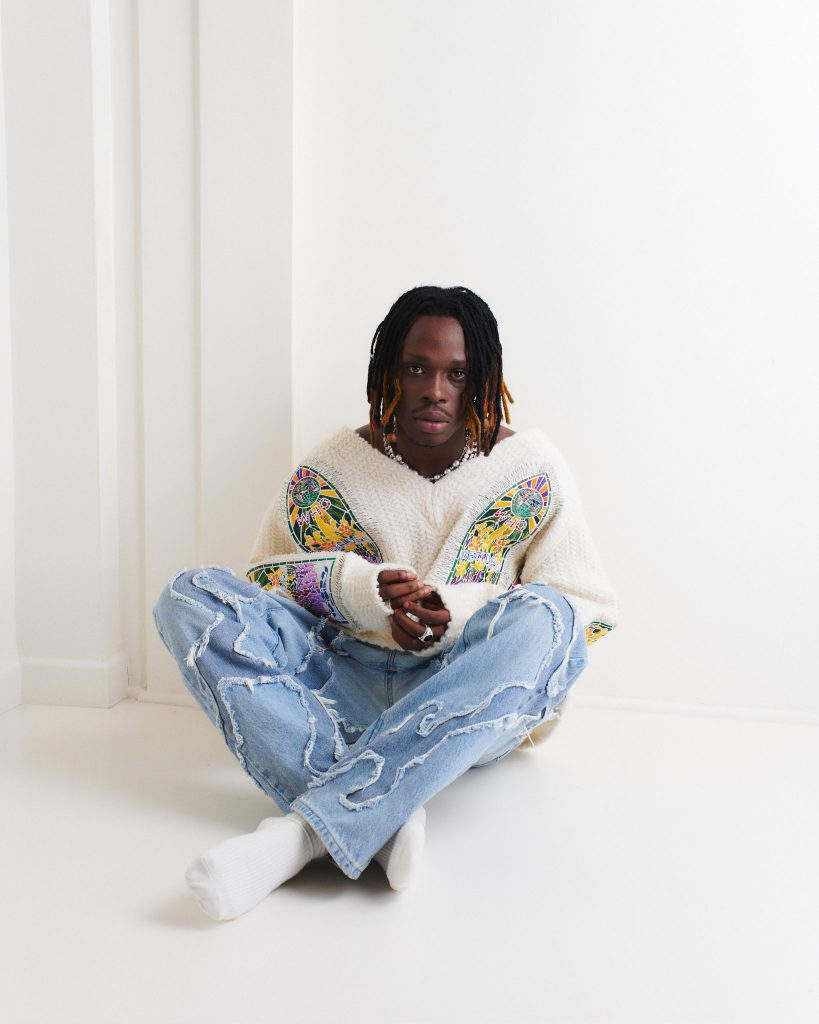
Rap legend, M.I Abaga released his 12th project titled, The Guy after an extensive, sometimes impressive and sometimes gaudy rollout. The album is one of the best projects of the year and like, Boy Alone—is a strong album of the year contender on sheer quality alone. A week later, Bnxn dropped his sophomore EP, Bad Since ’97 and in typical Bnxn fashion, the project has failed to produce a monstrous, seismic shifting hit but seems to be aging well, as it has mantained a high position on charts since its release, despite new projects arriving every weekend,
Bnxn wasn’t the only artist to drop a sophomore project that day, as Chike also did with The Brother’s Keeper, a follow-up to his soon-to-be-minted 2020 classic album, Boo Of The Booless. The Brother’s Keeper doesn’t seem to be enjoying the same sort of mainstream attention like its predecessor did but that hardly detracts from its rich and lush quality. On the project, the artist evolves sonically, whilst still retaining the core elements of his music that made his initial drop such a pristine production.
Mavins rolled out their second new artist of the year, Bayanni in late August after a riveting, intriguing roll out video that mesmerized the internet. Like Boy Spyce, his project was impressive and even racked up a little momentum in its opening week, but it didn’t have the greatest longevity and was soon forgotten by most of the mainstream.
Weeks later in September and man of the moment, Asake released his debut album Mr. Money With The Vibe, which is the strongest contender for Album Of The Year, so far. It currently holds the #2 rank for albums with the biggest opening week numbers and was also met with critical and commercial acclaim, with both fans and critics alike lauding its distinct sound, mainstream resonance and cohesion.

The fact that it’s remained at #1 on the Top Albums chart on almost every DSP it was released on is enough testament of its quality and reception. It also further debunked some falsely-rooted claims of Asake being a one trick pony. The album also became the highest charting debut Afrobeats album on the Billboard 200 at #66 and also debuted at #22 on UK’s album chart.
Ckay’s Sad Romance dropped last weekend and hasn’t generated discourse or debate, as much as you’d expect. The trailblazing success of Love Nwantiti might have indeed inflated Ckay’s gravity as an international star but by now, it should be no news that on the sheer scope of gravity and status, he falls short of Fireboy DML, Rema and Omah Lay on the home scene and Tems, on the international scene as the female singer has had more moments, from different songs.
With Wizkid, Davido, Blaqbonez, Ayra Starr, Runtown, Bella Schmurda, Show Dem Camp, Zinoleesky, Bad Boy Timz, Lojay, Joeboy etc — still set to release projects in the final quarter of the year, it’s no news the coming months would be congested and we would be rounding off in a banger. Then, we can come back and ask the critical questions of which albums were truly the best, the most resonant and the most impactful.
Till then, live long and prosper.
This article is written by T.J. Martins, an album talks’ writer and doesn’t in anyway reflect the opinion of the entire publication across board.


